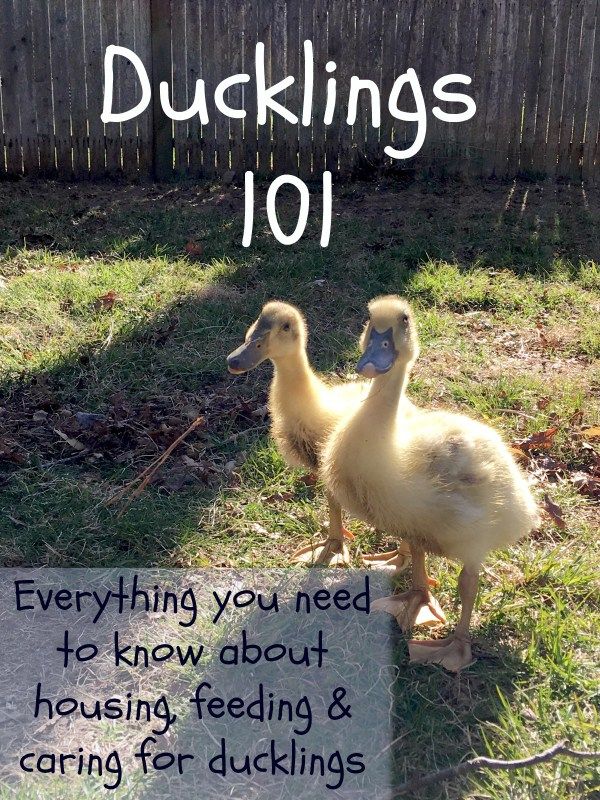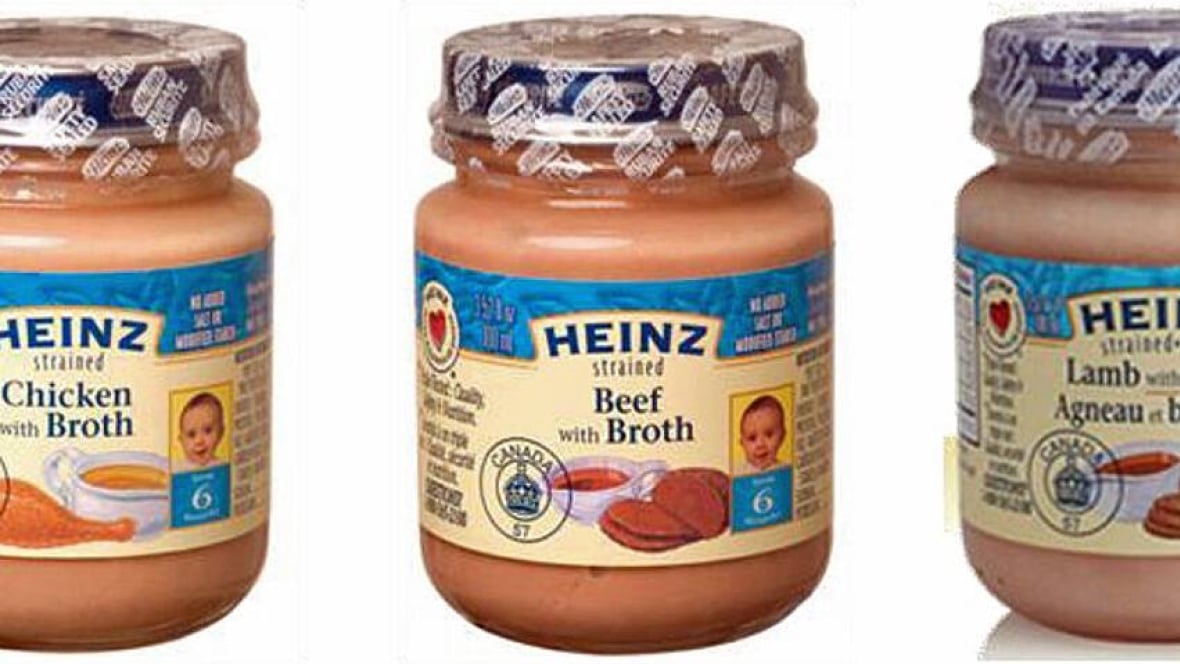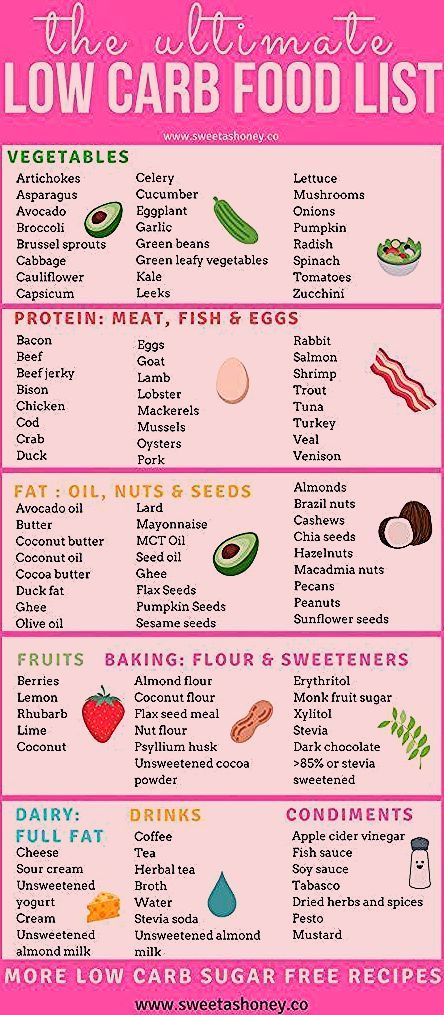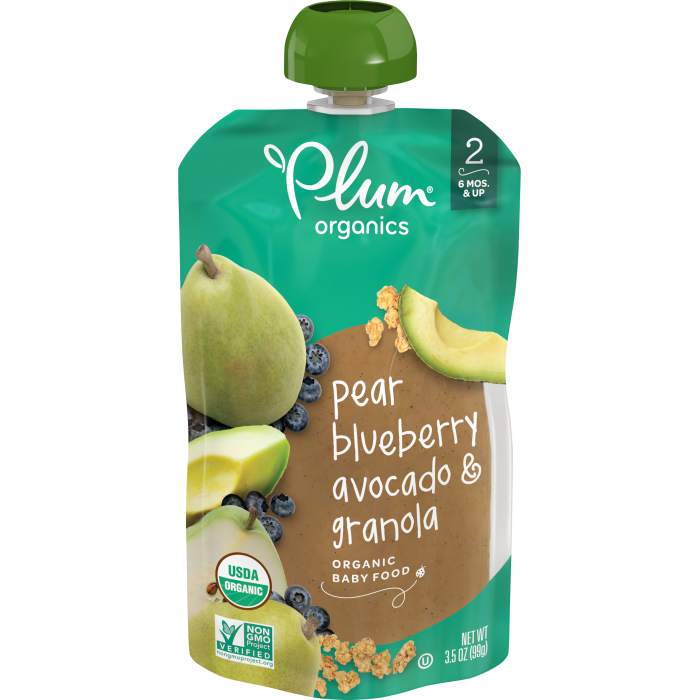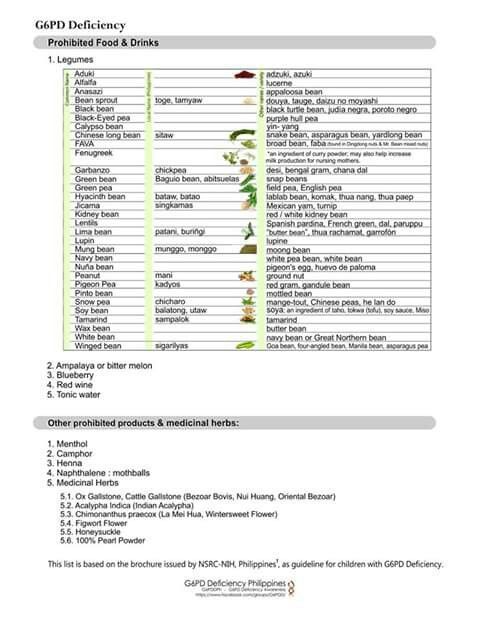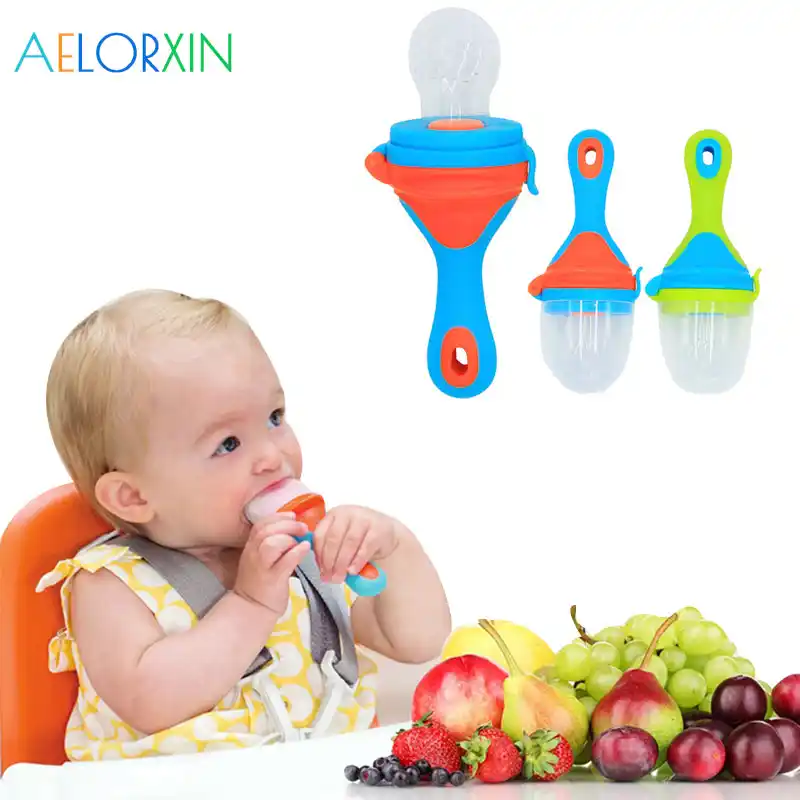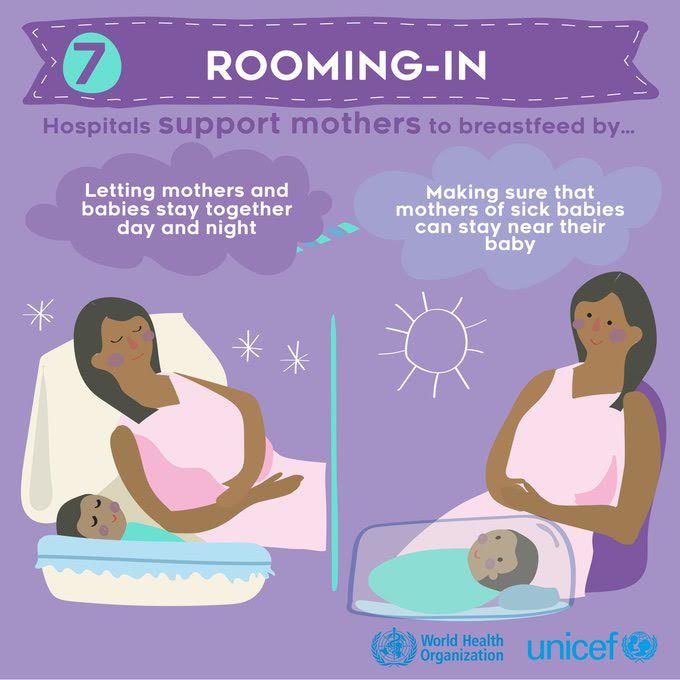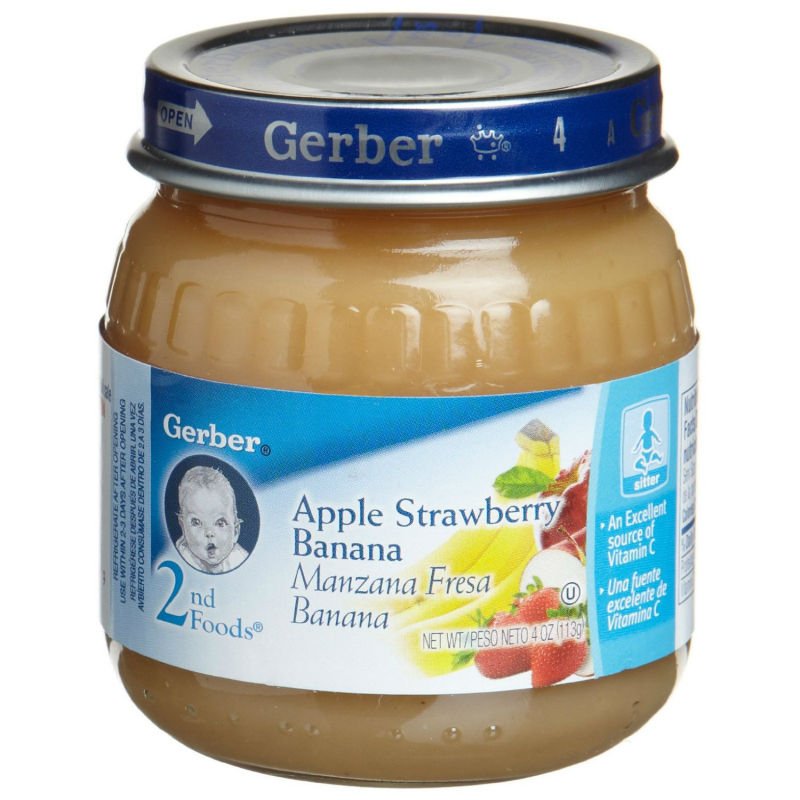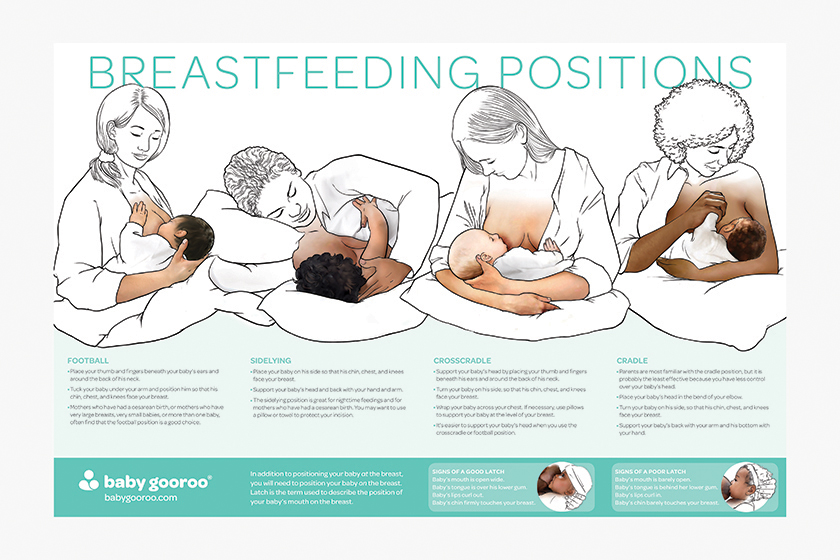What to feed baby ducks at home
What Do You Feed Baby Ducks for Proper Growth?
Author : Janet GarmanCategories : Feed & Health, Poultry 101
If you’ve decided ducklings will find their way to your home from the feed store or the hatchery in the new year, then you are probably wondering what do you feed baby ducks for proper growth? This is an important consideration in your journey to learn how to raise ducklings.
Believe me, a lot of chicks and ducks have found their way to our farm. And even though I have been raising ducklings for a number of years, I recently realized that not everything I had learned about feeding ducklings was working. Here are some points on which I have changed my mind concerning what do you feed baby ducks for proper growth.
1. I am no longer feeding baby ducks a poultry grower ration containing 20% protein past the second week of life.
This was the way everyone I knew was feeding baby ducks. However, feeding them duck food that is a meat bird ration or a duck raiser ration can actually be too high of a protein content for the ducklings long term. I was told for many years to use this type of feed until the ducklings were nearly grown, but I have seen negative consequences from this practice. If you are raising ducklings for meat, feeding a high protein ration may be the correct formula, since the sooner you reach market weight, the better. But with keeping ducks as pets or as egg layers or breeders, the high protein during weeks 2 to 14 of growth can lead to conditions such as Angel Wing or Twisted Wing. This happened to one of the ducklings we raised from hatch here on the farm. As I had with the previous ducklings, I fed a commercial flock raising ration until the ducks reached 14 to 16 weeks of age. However, one duckling did develop Angel Wing, so I looked into the causes and prevention. The extra protein during the development from 2 weeks to 10 weeks, can lead to very fast bone growth resulting in a twisting or bending of the bones in the wing.
 It usually only affects one of the wings. Keeping ducks as pets in a fenced enclosure, you may not have any noticeable problems from the abnormal growth but ducks allowed to free range or ducks in the wild, will not move as quickly, will not be able to fly at all, and will be easier for predators to catch and kill.
It usually only affects one of the wings. Keeping ducks as pets in a fenced enclosure, you may not have any noticeable problems from the abnormal growth but ducks allowed to free range or ducks in the wild, will not move as quickly, will not be able to fly at all, and will be easier for predators to catch and kill.
The recommendation according to experts like Dave Holderread of Storey’s Guide to Raising Ducks, is to feed the 18 to 20% protein ration only for the first 2 weeks of a duckling’s life. Next, switch to a 16% protein ration for the rest of the duck’s life. In addition, allowing the ducks some free ranging time, if it can be supervised to avoid predator attacks, will benefit the duck’s diet greatly. Eating greens and bugs foraged in the wild keeps the diet balanced with the commercial feed offered free choice. Alternatively, you can forage for them and take greens, and weeds and cut up grasses into the pen.
2. I no longer feed ducks bread products.
 And I don’t feed stale bread to wild ducks either.
And I don’t feed stale bread to wild ducks either.Feeding high protein, high carbohydrate bread products to ducks can also lead to fast growth and twisted bones as the ducklings grow. Flocks of ducks that have no humans feeding them treats show no sign of Angel Wing or abnormally quick bone growth. If the duck cannot act and move quickly to try to escape a predator, it is, in reality, a sitting duck.
3. The treats I do bring my ducks consist of what they would be looking for in the wild.Although I do allow my flock to free range when I can keep an eye on them, I still bring them some goodies. After all, it’s part of the fun of having them around. But instead of giving them any old foods we had at the house, I limit their treats to foods that are healthy for them. Here are some items that our ducks love and that are healthy for them.
- Chopped kale
- Bite size pieces of romaine lettuce or Swiss chard
- Watermelon
- Small amount of cooked pumpkin
- Peas, carrots, cooked green beans
- Chickweed and smartweed – They are packed with minerals and nutrition.
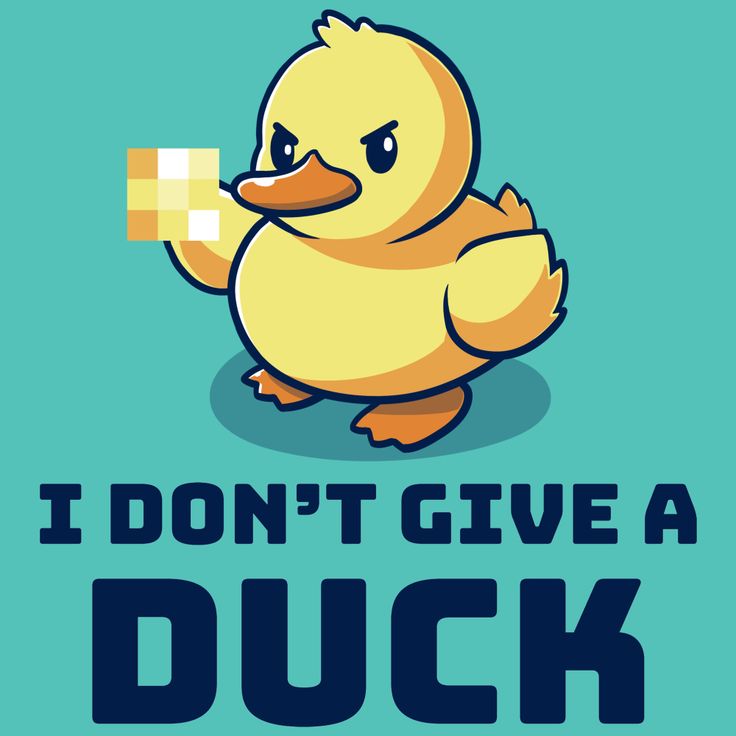 Both grow in abundance on our farm and are enjoyed by the flock.
Both grow in abundance on our farm and are enjoyed by the flock. - Mealworms – My ducks would not be happy if I did not bring the meal worms occasionally. These are given as a treat so of course, they are not eating them every day or in great quantity. However, mealworms are high in protein, so they are a good choice during molting and are a tasty way to entice the ducks back into the duck run at night.
4. My recommendations for what do you feed baby ducks for proper growth?
I have changed to using a flock raiser or higher protein non-medicated chick starter ration for only the first two weeks of growth with ducklings. From weeks 3 to 14, I feed a 16% protein grain ration. After the ducklings are fully grown, feed either the flock raiser ration if you are able to supplement enough with free ranging time or bringing in weeds, and greens and grasses. Otherwise, I use a 16% protein ration unless conditions call for a higher protein ration. These conditions might include the absence of egg laying. It’s not at all a one size fits all feeding plan when caring for ducks in captivity. You must look at the total environmental picture and then feed accordingly for a healthy happy duck.
These conditions might include the absence of egg laying. It’s not at all a one size fits all feeding plan when caring for ducks in captivity. You must look at the total environmental picture and then feed accordingly for a healthy happy duck.
Let me also state that I am not an expert at raising ducks and you should always do what you feel is right for your flock. Learn all you can about the nutritional needs of any animal and feed accordingly, using the best ingredients you can source.
Categories : Feed & Health, Poultry 101Tags : bestcutduckduck-foodducklingeatingeggfeeding-baby-ducksfreeguideguide-to-raising-duckshappyhowhow-toingredientskeeping-duckskeeping-ducks-as-petslongmeatmedicated-chick-starterpoultryraisingraising-ducklingsraising-ducksweedswhatwhat-do-you-feed-baby-ducks
What To Feed My Baby Ducks
1 July
Ducklings are born with a good sense of hunger. They grow fast, are capable of looking for food, and are excited about eating – as you will notice when you hear many happy quacks at feeding time! Choosing the right feed ensures they grow as healthy and as strong as possible.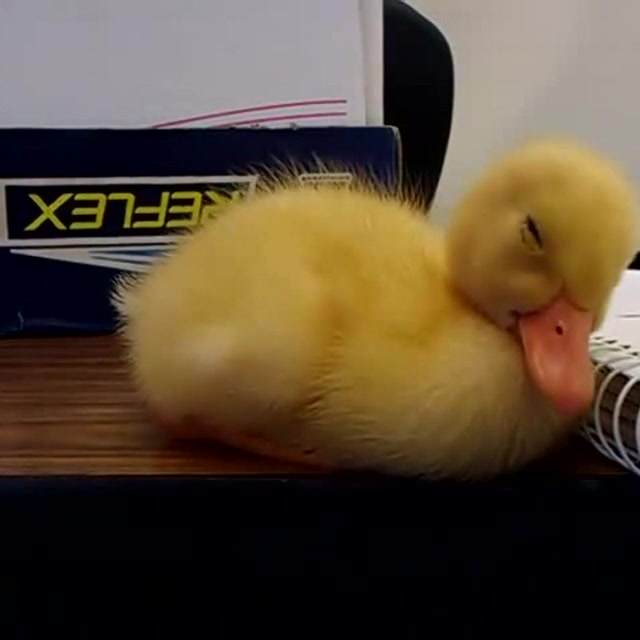
The answer is: pretty much everything! Ducklings are often hungry, and as they waddle around quacking, they will sample just about anything. You will want to carefully monitor their diets since baby ducks will test out everything from fingers to shavings to other non-food items. It’s up to you to ensure they get the nutrients they need.
Just because ducklings will eat almost anything doesn’t mean everything is good for them! Until they are six weeks of age, they need foods with protein and niacin. After that, they require less protein, but still need nutrient-rich food for vitamins and minerals.
How to Feed Baby DucksStarter feed without medication helps your ducks meet their nutritional needs in one convenient food. If you’re wondering what to feed a baby duck without starter feed, consider some fruits and vegetables, including greens, carrots, pumpkin, bananas, grapes, broccoli, celery, apples, and pears.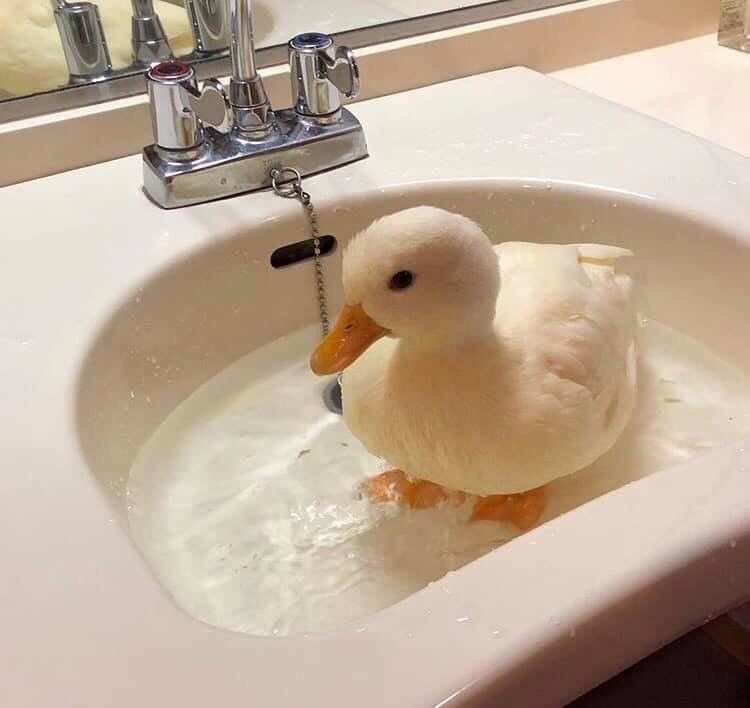 Make sure to dice finely to prevent choking and don’t feed too many fruits, which are high in sugars.
Make sure to dice finely to prevent choking and don’t feed too many fruits, which are high in sugars.
You can supplement the diet with brewer’s yeast, a good source of niacin, and dried meal worms for protein. You should avoid bread and junk food, which contain fewer nutrients. Lower-nutrition foods are unhealthy for your duck and can even be harmful.
Ducklings are self-feeding, so you can use a dispenser and allow the birds to graze. Just make sure to remove old food each day, since old and moldy food can cause a deadly lung infection called Aspergillosis.
When feeding your ducklings, make sure they have access to plenty of fresh water while they are eating. Water aids in swallowing and is important to prevent choking. Always make sure the water is easily accessible, even for the ducks to climb in. Create an easy pathway out of the water and replace the water daily to keep it fresh and clean. Ducklings can be prone to drowning, so make sure the water is shallow — no higher than the tops of their feet — to keep them safe.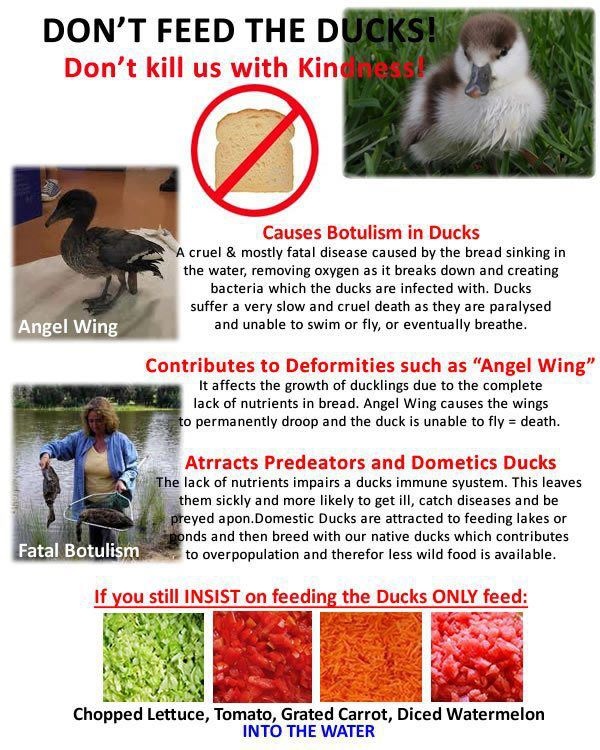
If you want your birds to grow up on organic, Non-GMO Project Verified, and non-medicated feed that is formulated specifically for the needs of ducklings, turn to Nature’s Best Organic Feeds. Our Organic Duck Crumbles have just the right balance of protein, vitamins, amino acids and minerals.
Use our Store Locator to find local stores that carry our products so you can ensure your ducklings have everything they need. Have any questions about our feed? Feel free to contact us today!
How to feed ducklings to gain weight: my experience
How to feed ducklings so that they grow well and quickly gain weight, I share my experience of feeding at home.
Feeding ducklings is slightly different from feeding the same chickens, ducklings can quickly gain weight due to green fodder, which significantly reduces the cost of purchasing compound feed and grain for poultry.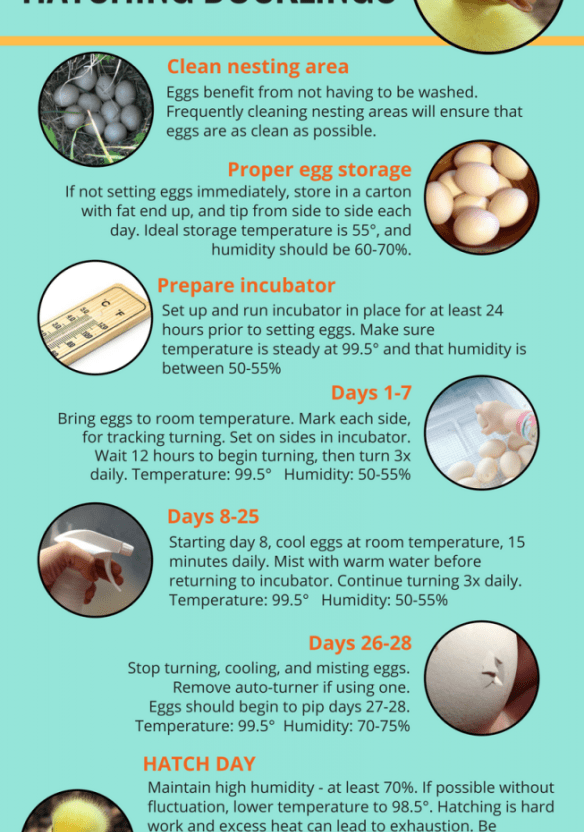 In this article I will tell you how to properly feed ducklings so that they gain weight well.
In this article I will tell you how to properly feed ducklings so that they gain weight well.
Feeding day old ducklings in the first days of life.
Immediately after the ducklings hatch from their eggs, they need to dry off on a warm heating pad. The ducklings are placed in a cardboard box in which there is a heating pad and bedding; on a warm heating pad, the navels of the ducklings heal well, which is very important.
On the first day, ducklings rest and gain strength, during the first day of life they do not need food yet, they still have a supply of nutrients in their bodies.
On the first day, the ducklings already need to put a drinker with boiled water and teach them to drink water. To do this, you can tilt the ducklings with their beaks into the water so that they learn to drink it. You can give the ducklings water through a pipette.
It is important that the ducklings cannot climb into the drinker with their paws, otherwise they will get wet, and hypothermia is extremely dangerous for ducklings at this age.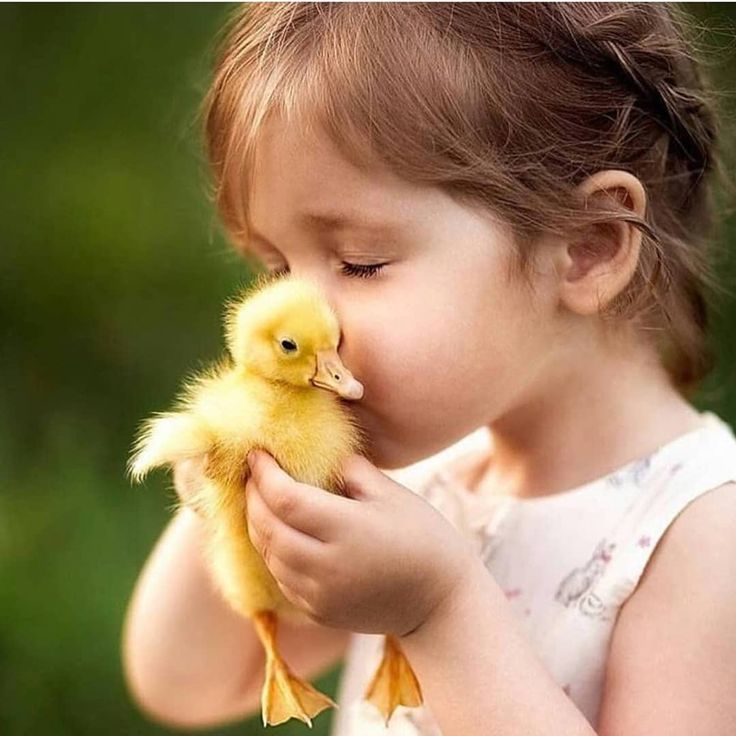 A drinking bowl can be made from a nylon lid from a glass jar, in the center of the inverted lid we put an inverted glass cup filled with water.
A drinking bowl can be made from a nylon lid from a glass jar, in the center of the inverted lid we put an inverted glass cup filled with water.
What to feed ducklings in the first days? The first food for daily ducklings will be millet and a finely chopped boiled egg, any chicken and duck eggs will do.
Tip! The boiled egg must be crushed very finely, if a large piece of duckling comes across, it can choke on it.
In order for ducklings to learn to eat food, you can take millet in your palm and roll it by bringing your palm to the beaks, ducklings see moving grains of millet and start pecking at it. It is important to simply show the ducklings that this is food, give it a taste, after which they themselves will find the grains on the litter and peck at them. At this age, food should be constantly in the feeders.
Starting from the third day, ducklings can already be fed finely chopped greens, ducklings are very fond of and willingly eat knotweed, alfalfa, clover, onion greens, young nettles. Greens must first be washed well.
Greens must first be washed well.
How to feed week-old ducklings.
Ducklings at a week old are already actively eating food and the main food for them will already be compound feed, you can make compound feed for ducklings yourself from turf. Contain week ducklings in a brooder.
To do this, you need to finely grind corn and wheat grains in a grist, mix and give to ducklings in the form of wet mash.
Tip! Wet mash quickly begin to sour and deteriorate, so knead so much mash that the ducklings eat it right away.
Ducklings should be fed at least 6 times a day.
Do not forget about the prevention of gastrointestinal diseases, add a little potassium permanganate to the water a couple of times a week so that the consistency is slightly pink.
From a week old ducklings can already be pastured on the grass, for this you can build an aviary and put it on the young grass. If this is not possible, then you can simply pick the herbs and put them to the ducklings, they can already peck it on their own.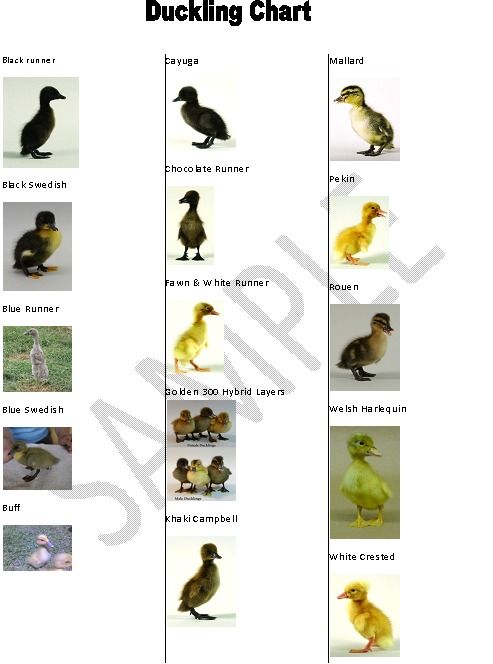
To improve digestion, ducklings need to put a feeder with crushed chalk, crushed eggshells and fine gravel.
Feeding one month old ducklings.
Ducklings at the age of one month already need more green fodder, at this age ducklings need to be kept on grazing, they graze well and gain weight.
For good growth and development, ducklings need a body of water or a container of water where the ducklings can bathe. I always feed ducklings fresh duckweed, this is an excellent source of vitamins, duckweed contains many microorganisms that serve as a source of protein for ducklings.
I put the duckweed in a pond and the ducklings swim all day and catch duckweed and other algae.
But of course, one green food will not be enough, you also need to feed the ducklings with wet mash, I add grated zucchini to the mash, the ducklings willingly eat such food and grow well. Duckweed can also be added to mash, ducklings eat such food well.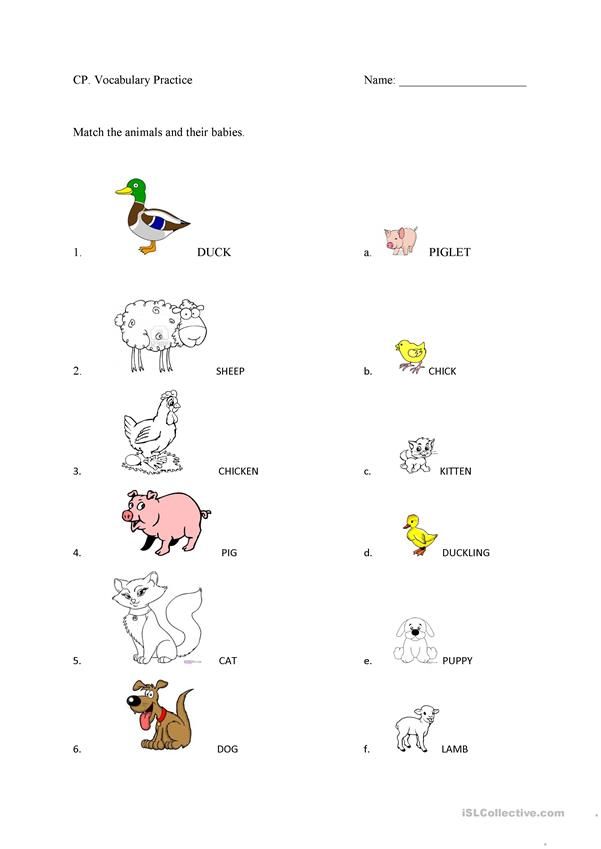
Table of feeding rations for ducklings by age.
During the summer period, the ducklings gain very good weight and by the fall you will have adult well-fed ducks. Thanks to plant foods, duck meat is not fatty, more dietary and juicy.
I recommend watching a video on how to make food for ducklings.
Another video about feeding ducklings.
How to feed ducklings in the first days of life at home
Feeding ducklings is somewhat different from feeding the rest of your own birds. This is due to the rapid metabolism of ducklings. Accordingly, the food is absorbed almost instantly, and the kids begin to demand a new portion. Consider what to feed the ducklings after they were born, and how to organize food in the future in order to raise a large bird.
How to feed ducklings in the first days of life
Article content:
- 1 How to feed ducklings from the first days of life
- 2 Feeding week-old ducklings
- 3 Feeding ducklings at 2 weeks
- 4 Feeding ducklings at 2 weeks
- 4
- 5 Fattening in the absence of a reservoir
- 6 Fattening near a reservoir
- 7 This is important
- 8 Do-it-yourself compound feed
- 8.1 Starter compound feed
- 8.2 Compound feed for newborns
- 8.3 Compound feed for two week old ducklings
- 8.4 Feed for monthly ducklings
- 9 Conclusion
What to feed ducklings from the first days of life
Immediately after birth, ducklings may not eat. This is due to the fact that, while in the egg, they receive more nutrients than they need, so that during the first day the lack of food will not bother them. But this does not mean at all that newborn chicks should not be given food.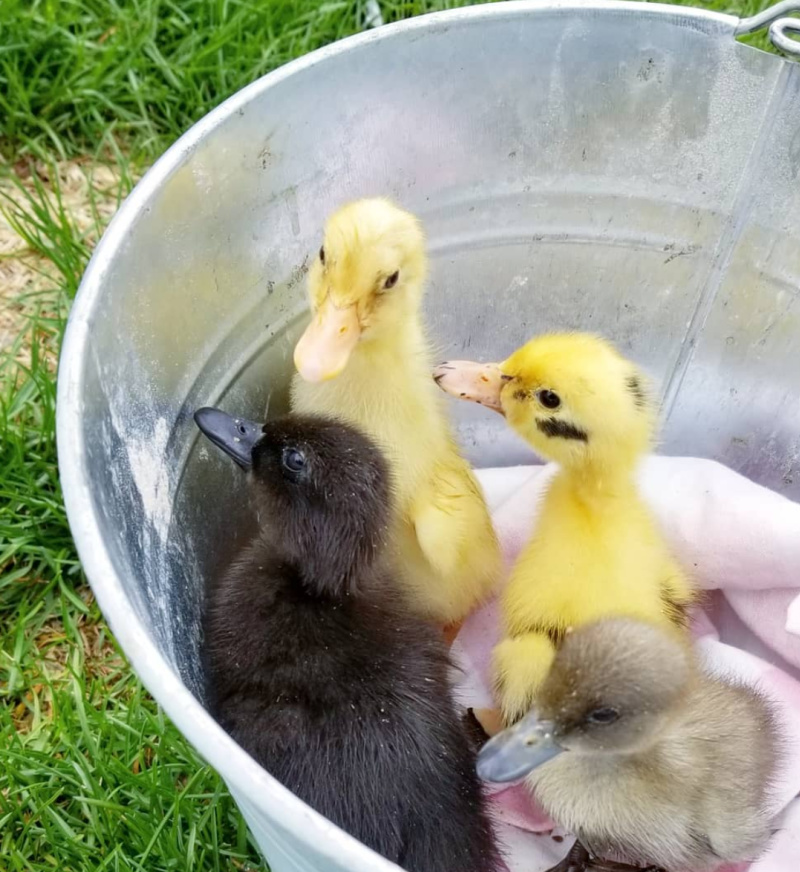 For the first few days, ducklings are fed hard-boiled eggs. Before giving eggs to newborns, they need to be cooled and finely chopped or chopped in a meat grinder.
For the first few days, ducklings are fed hard-boiled eggs. Before giving eggs to newborns, they need to be cooled and finely chopped or chopped in a meat grinder.
If newborn ducklings do not want to eat from a bowl, you can put crushed eggs on their backs. Since in nature ducklings eat food that moves, this technique almost always works. It is in the blood of these birds to collect leftover food from the backs of their comrades, but gradually pets should be taught to eat from plates in specially designated places.
Starting from the third day, low-fat or low-fat cottage cheese and dairy products are added to the diet. Feeding during the first seven days of life occurs every 2-3 hours.
It turns out that ducklings eat at least 6 times a day. By the end of the first week, the diet is enriched with chopped nettles or any other herbs (alfalfa, herbs, excluding poisonous herbs, clover). You can make a mash from finely chopped grass, eggs and cottage cheese.
As far as drinking is concerned, things are quite different from eating.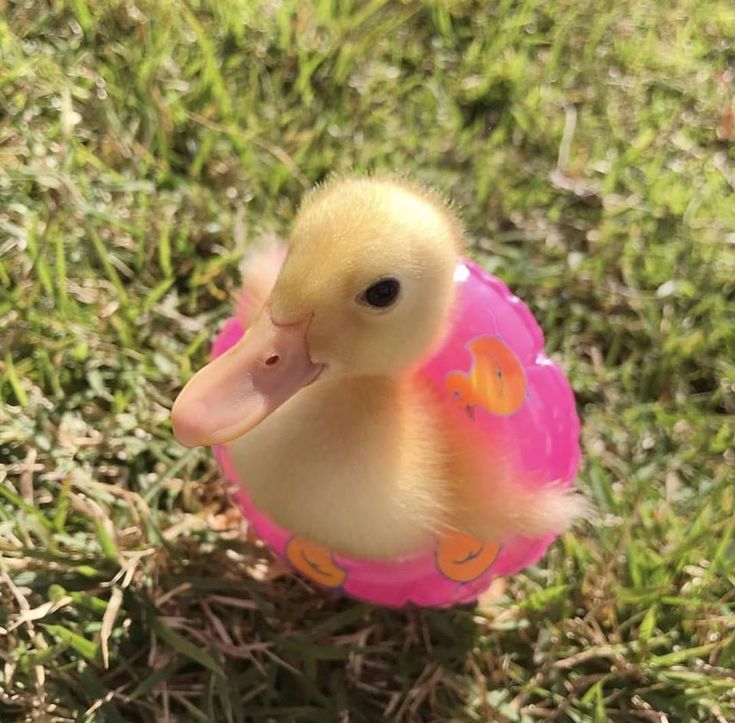 Ducklings should have clean water from the first minute of their life. In the first day, the likelihood of dehydration is high. To prevent this, the chicks are given water through a pipette. It is advisable to add a small amount of potassium permanganate to the water. The resulting solution should be weak. From the moment when the chicks begin to drink from a plate, replace the water daily.
Ducklings should have clean water from the first minute of their life. In the first day, the likelihood of dehydration is high. To prevent this, the chicks are given water through a pipette. It is advisable to add a small amount of potassium permanganate to the water. The resulting solution should be weak. From the moment when the chicks begin to drink from a plate, replace the water daily.
Feeding week-old ducklings
At the beginning of the second week, cereals can be added to the diet. Ducklings are happy to eat any grain. But, no matter what grain you choose, it must first be ground to a state of flour. Barley, millet, wheat, oats and sorghum should be included in the menu. Also add cornmeal to the diet. Before preparing the mash, sift the flour in order to remove the shells of the grains. It is strictly forbidden to give them to chicks. Not only are they not absorbed, they can also cause the death of young animals. The daily norm of grain crops per duckling is 20 g.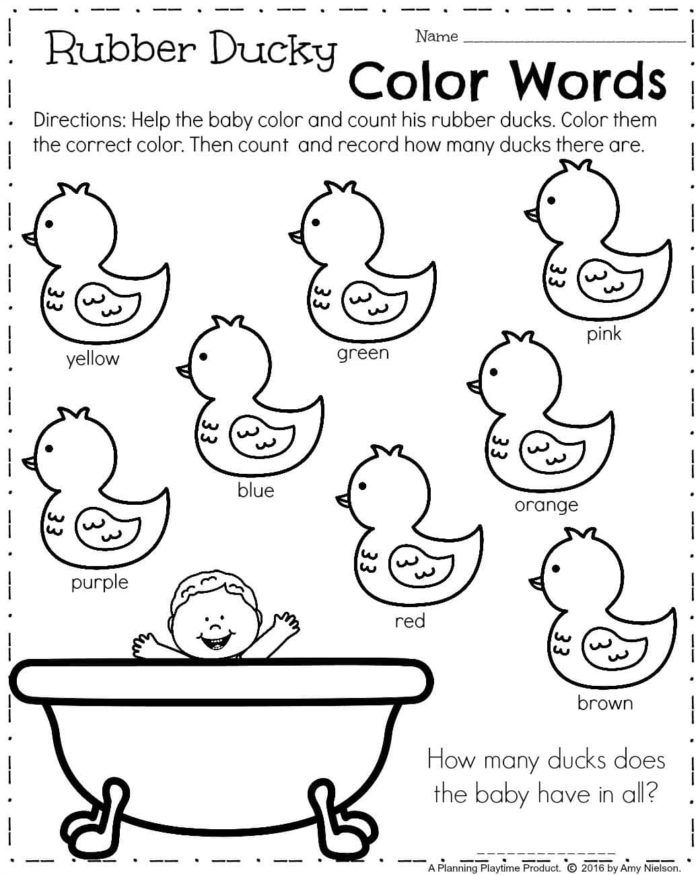 Eggs, as soon as the 11th day expires, are excluded from the diet.
Eggs, as soon as the 11th day expires, are excluded from the diet.
Increase the amount of greenery during this period. From it, the chicks get all the vitamins necessary for the body. The daily norm of greens for one duckling is 30 g. If the weather permits, then the chicks at this age can already be released outside, but the wards must be constantly monitored, even if they are walking with their mother. It is best to place them in an aviary, from which they definitely will not go anywhere. The most useful is the young nettle. She should be given a key place in the diet.
Also during this period, you can release the chicks to open water, but they should only walk with the duck mother, and someone must watch the whole family. Ducks are not particularly good at keeping their offspring. They may forget chicks that have gone too far, so they should be constantly supervised at first. As soon as the chicks began to walk on their own on the street, the number of meals is reduced to 2.
Feeding ducklings at 2 weeks
In order for a friendly bird to be in good health and gain weight well, its diet must be varied. Most often, the basis of the diet is feed. It can be purchased at the store, or you can cook it yourself. We will talk about how to prepare compound feed for ducklings at home a little later. Cottage cheese or any other dairy products (whey, yogurt) that ducks of any age love are added to the feed.
In addition to cereals or mixed fodder, any root crops are added to the mash, after washing them and chopping them. Be sure to include zucchini, cabbage, potatoes (pre-boiled until cooked), carrots, pumpkin in the diet. We feed the birds with mash 3 times a day. A favorite dish of ducks is germinated grain. It is advisable to give such a delicacy for dinner.
If we talk about ducklings, whose age has reached two months, then 300 g of feed should fall on one individual per day. The daily norm is largely regulated by the variety of poultry and the purpose of its cultivation. If eggs are needed, then birds should not be allowed to become obese, so they should be fed sparingly. If the goal is to obtain meat, then nutrition should be given special attention already in the first weeks of life.
If eggs are needed, then birds should not be allowed to become obese, so they should be fed sparingly. If the goal is to obtain meat, then nutrition should be given special attention already in the first weeks of life.
Feeding ducks to get the maximum amount of meat
Let's figure out how to feed little ducklings so that they turn into plump ducks. On sale there are ready-made feeds that are intended for feeding ducklings at home from the first day of life. They are available in the form of granules or dry mix. If we are talking about dry food, then it should be in the feeders around the clock. As for the mash, which is wet food, it should not be left in bowls for a long time. In this case, during the first week they give the ducklings food 8 times, during the second - 6, during 3 and 4 - 5 times. Feed the wards at regular intervals.
Starting from the 3rd day, give small chicks food that is mixed with curdled milk. But you need to make sure that such a mash is not sticky, otherwise the food will stick to the beak, which will cause discomfort and a decrease in appetite.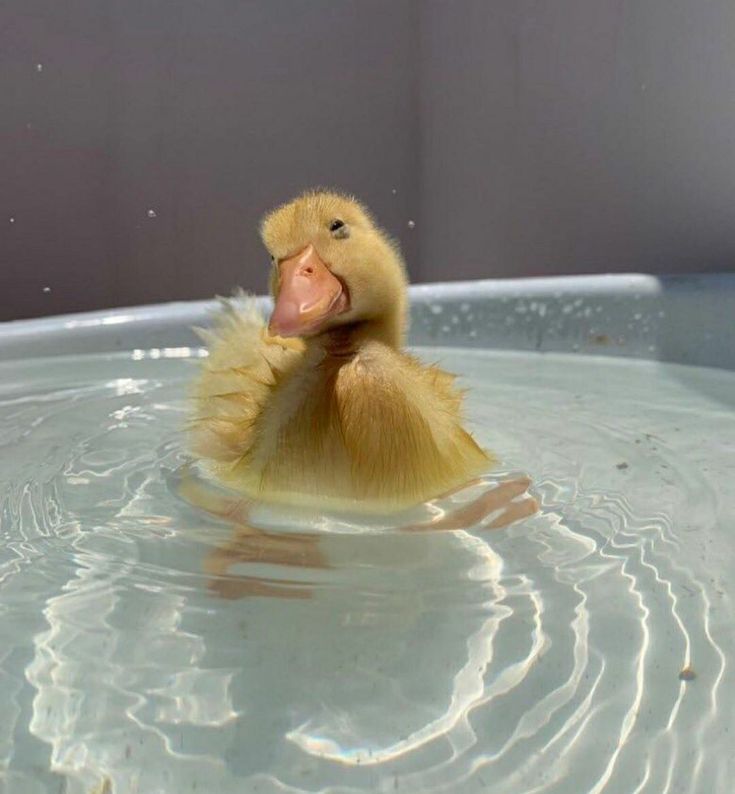 Accordingly, a chick that does not receive all the necessary nutrients in the right amount will grow slowly. In the same period, low-fat cottage cheese and compound feed are introduced into the diet.
Accordingly, a chick that does not receive all the necessary nutrients in the right amount will grow slowly. In the same period, low-fat cottage cheese and compound feed are introduced into the diet.
After the 20th day, succulent food is added to the diet. If ducklings hatched in winter, then bean or carrot silage acts as succulent feed. If we are talking about the summer period of time, then there is no better juicy food than nettles. You should also give pets a pea-oat mixture and chopped fodder cabbage, do not forget about bread soaked in water, which contributes to rapid weight gain.
It is also important to enrich the diet, especially in winter, with vitamin supplements, which can be bought at any specialized store. The body of a bird especially needs vitamins A and D.
Throughout life, a container with minerals is placed separately in the room where the feeders are located. Crushed shell, fine gravel and sand should always be freely available to birds.
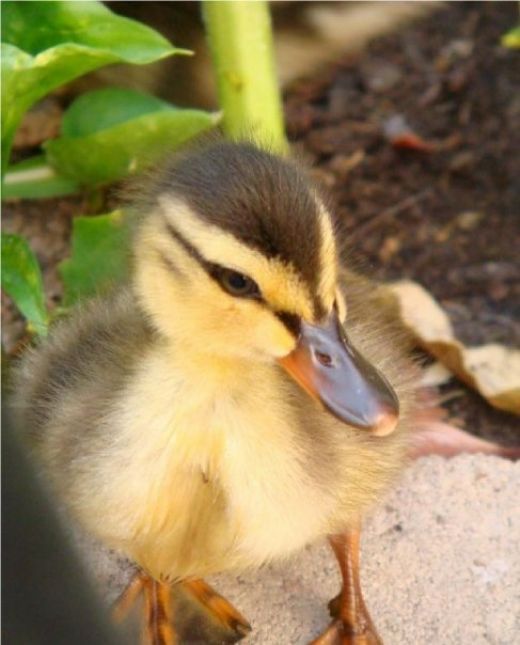
Fattening in the absence of a reservoir
Thinking about how to feed ducklings in the first days of life, you need to analyze what conditions you can provide them with. Since the bird is a waterfowl, it is better to give it the opportunity to splash in the pond. But such an opportunity is not always available. This does not mean that poultry breeding should be abandoned. You can grow ducks away from water, you just need to make adjustments to the diet.
- Ducklings need to drink, so clean water must be available at all times in the paddock and barn. If you don't give your waterfowl enough to drink, it won't produce meat gains. And the lack of water in the first days of life can cause the death of chicks.
- Since little ducklings have no opportunity to get duckweed and other aquatic plants in the absence of walking in the pond, they must be added to the mash. Before adding to the mixers, all aquatic plants that can be purchased in specialized stores are crushed.
 The only exception is duckweed, which does not need to be crushed.
The only exception is duckweed, which does not need to be crushed. - Particular attention should be paid to the characteristics of the waterfowl variety. If ducks that are intended for breeding near water bodies, but there are breeds that live quite calmly and away from them. If there is no reservoir near the farm, the choice should be stopped on those varieties that do not need it.
All other recommendations regarding the care and feeding of ducklings are no different from those described above. Mineral supplements in this case can be given a little more.
Fattening near a pond
Ducklings should be released to the pond no earlier than 45 days after birth. Therefore, we have already given the answer to the question regarding how to feed little ducklings in the first days of life. As soon as the ducklings begin to enter the water, the amount of feed can be reduced, as they will begin to feed on aquatic plants and living creatures that live in the pond.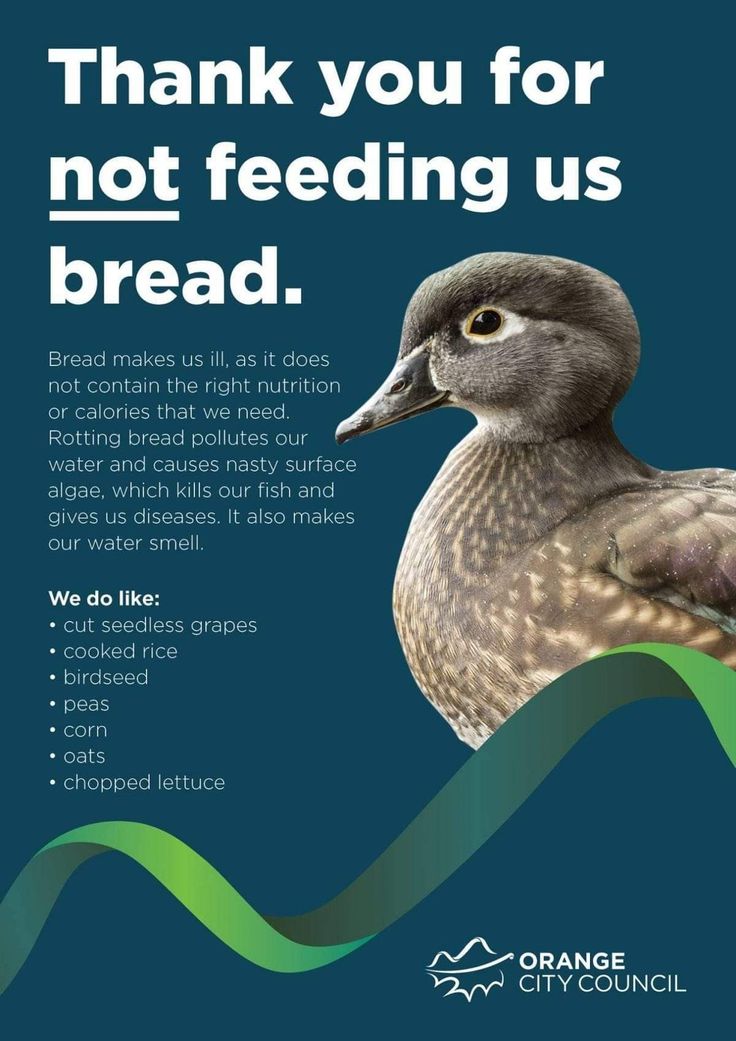 But, the quality of food remains the same.
But, the quality of food remains the same.
The basis of the diet is mash prepared on the basis of purchased or prepared by one's own feed, bread soaked in water, grass. Do not forget to give crushed root crops, mineral and vitamin supplements.
It is worth mentioning the care and conditions of keeping ducks near the reservoir. If there is a reservoir near the site, then we build an aviary along its shore. It is imperative to build an aviary, and dig out the ground in front of the fence, thus organizing the drainage of water.
This is important
Despite the fact that in the first days yellowmouths are not particularly willing to take on food, they should try to get them to eat at least a small amount of chopped eggs. This does not mean at all that it is worth forcibly giving food. In a playful way, you can try to lure ducklings with food.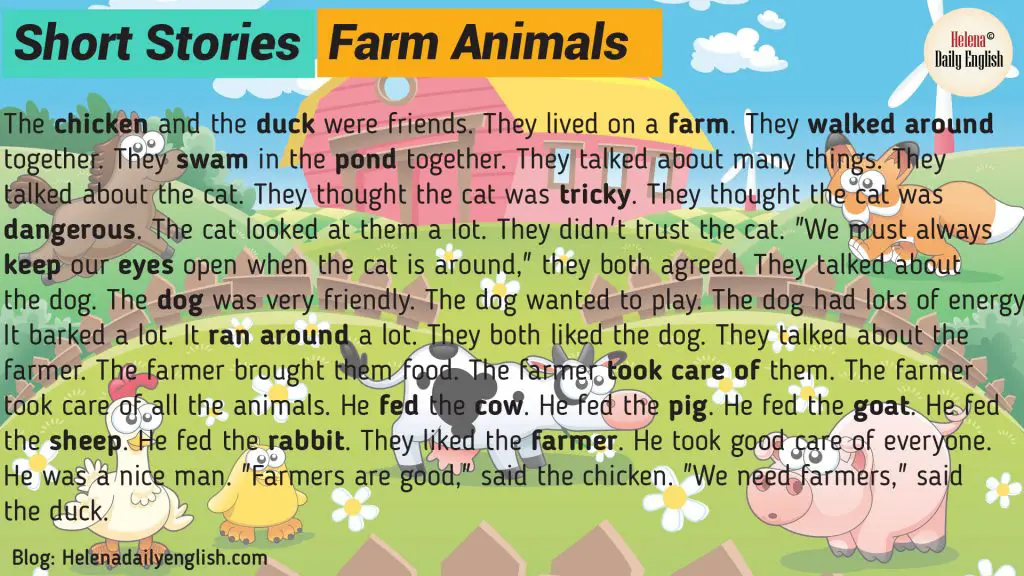 If a large number of chicks have hatched and one person cannot cope with feeding and caring for them, then at least one more person should be enlisted to help. If, despite all efforts, the little chicks refuse to eat, they are fed from a pipette with yolk mixed with milk. But it is better that one person follows the ducklings, whom they would not be afraid of.
If a large number of chicks have hatched and one person cannot cope with feeding and caring for them, then at least one more person should be enlisted to help. If, despite all efforts, the little chicks refuse to eat, they are fed from a pipette with yolk mixed with milk. But it is better that one person follows the ducklings, whom they would not be afraid of.
Ducklings need to be taught not only to eat, but also to drink. On the first day, you can water the wards with a pipette. In the second, you need to pour water into a bowl and dip the beak of a small duck into it. This action should be performed very carefully so as not to scare the chick.
Regardless of age, duck needs mineral supplements. They give pets crushed chalk, fodder yeast, meat and bone and fish meal, fish oil, table salt, shell rock. If we talk about the amount of mineral supplements, then at the age of 1 to 10 days, the chicks should receive 1 g of fish and meat and bone meal, 3 mg of fish oil. At the age of 11-30 days, ducklings are given 5 mg of table salt, 1 g of fish oil and shells, 4 g of fodder yeast, 6 g of meat and bone meal and 9g fishmeal. From the 31st to the 50th day, 1 g of table salt, 5 g of meat and bone meal and shells or chalk, 6 g of fodder yeast, 12 g of fish meal are added to the diet of ducklings. All calculations are for 1 individual.
From the 31st to the 50th day, 1 g of table salt, 5 g of meat and bone meal and shells or chalk, 6 g of fodder yeast, 12 g of fish meal are added to the diet of ducklings. All calculations are for 1 individual.
Do-it-yourself compound feed
There are compound feed for newborn ducklings, which is suitable for feeding ducks in the first week of life, food for feeding two-week-old ducklings and food for feeding ducks over 1 month old. You also need to understand that the diet of meat ducks and layers should be different. However, the basic composition, which is called the starter feed, remains unchanged.
Any food is easy to prepare at home. This task is within the power of even beginner poultry farmers. And proper nutrition is a guarantee of rapid growth of the bird.
Starter compound feed
The starter compound feed contains grain crops, previously crushed to the state of flour, sunflower cake, succulent feed, animal feed. In the form of juicy food, any fruits and vegetables that are available can act. As for animal feed, their percentage in the feed for egg varieties should not exceed 10%, for meat varieties - 20%. Let us consider in more detail which components in what proportions are included in the feed for ducks of different ages.
As for animal feed, their percentage in the feed for egg varieties should not exceed 10%, for meat varieties - 20%. Let us consider in more detail which components in what proportions are included in the feed for ducks of different ages.
Compound feed for newborns
Growing ducklings, especially in the first week of life, is a painstaking and time-consuming process. To prepare compound feed, you will need a boiled egg, pre-boiled potatoes and chopped greens. Potatoes and eggs, which form the basis of the feed, are taken in equal quantities. Greens are added at your discretion.
Animal feed (cottage cheese, milk) is added from the fourth day. They also enrich the feed with mineral additives (shell, fodder yeast, chalk). The recommended amount of mineral supplements per duck is indicated above.
Compound feed for two-week-old ducklings
Despite such an early age, the body of ducks is already practically formed during this period, therefore, at this stage of cultivation, it is necessary to provide the birds with the maximum amount of essential vitamins and microelements.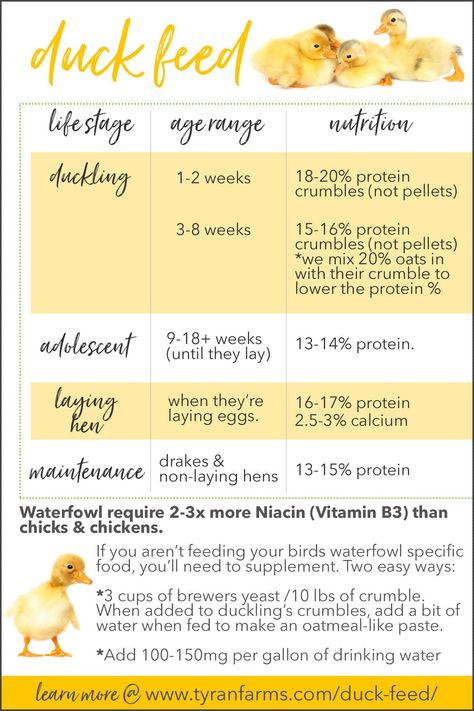 Compound feed for two-week-old ducks should consist of corn and wheat flour (50%), sunflower meal (20%), fodder yeast (5%), fishmeal (9%), dry skim milk (3%). The remaining 10% is chalk and shell, succulent food.
Compound feed for two-week-old ducks should consist of corn and wheat flour (50%), sunflower meal (20%), fodder yeast (5%), fishmeal (9%), dry skim milk (3%). The remaining 10% is chalk and shell, succulent food.
This food is suitable for ducks aged 14-30 days.
Feed for one month old ducks
Raising and keeping one month old ducklings is all about making the bird gain weight. Accordingly, the composition of the feed changes. It is necessary to include components for the growth of the duckling, which, at the same time, do not contribute to the formation of adipose tissue. The composition of feed for monthly ducklings, prepared at home, is crushed corn (45%), crushed wheat grains (13%), sunflower meal (17%), crushed barley (8%), fodder yeast (5%), fish and meat and bone meal (4% and 3% respectively), chalk and grass (1% each).
In order for ducklings to grow equally well both in winter and in summer, dried fruits are added to the mash in winter. You don't have to do this every day.